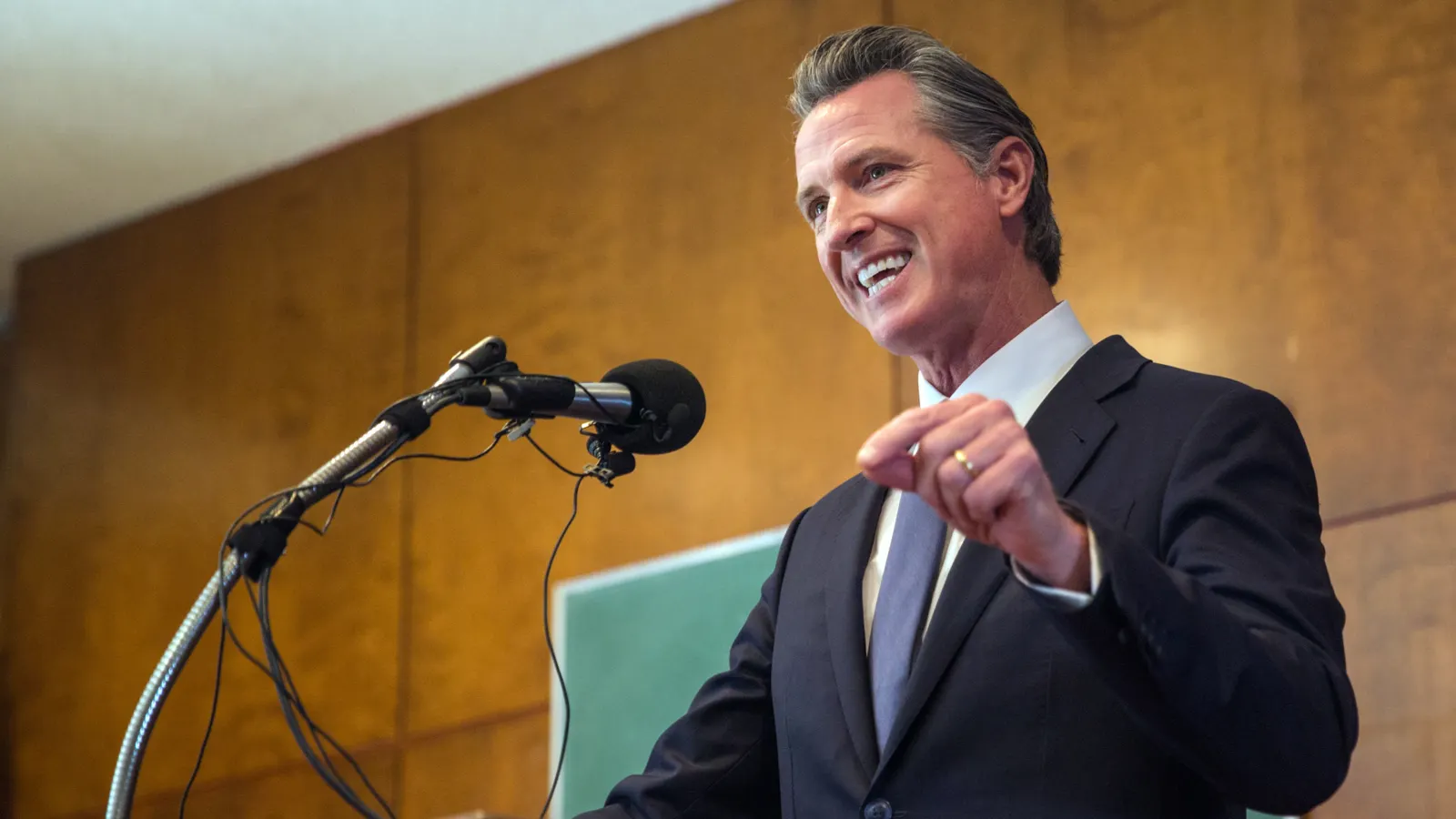On Sunday, California Governor Gavin Newsom vetoed Senate Bill 1047 (SB 1047), a proposal that aimed to establish new safety standards for artificial intelligence systems.
Although the bill was touted as a potential model for future AI regulation, Newsom argued it could stifle innovation in California's tech sector.
“Adaptability is critical as we race to regulate a technology still in its infancy. This will require a delicate balance,” Newsom wrote.
Newsom noted that SB 1047’s focus on large-scale AI models—those costing over $100 million—might leave smaller yet equally risky models outside its purview.
The bill, authored by State Senator Scott Wiener, sought to impose safety protocols for developers of large AI models and establish a Board of Frontier Models to oversee compliance.
“By focusing only on the most expensive and large-scale models, SB 1047 creates a framework that could give the public a false sense of security about controlling this fast-moving technology,” Newsom added.
SB 1047 garnered support from tech safety advocates, including Elon Musk, who called for its passage last month. “For over 20 years, I have been an advocate for AI regulation, just as we regulate any product or technology that poses a risk to the public,” Musk said.
Musk’s call was backed by AI luminaries Geoffrey Hinton and Yoshua Bengio, along with more than 125 Hollywood figures, who signed an open letter urging Newsom to approve the bill.
However, the bill faced resistance from major tech players and venture capitalists who argued the regulations could curb innovation and drive talent away from California. OpenAI, Meta, and Google were among the opponents, preferring a federal approach to regulation.
Newsom echoed these concerns, suggesting a more nuanced, evidence-based approach.
“A California-only approach may well be warranted—especially absent federal action by Congress—but it must be grounded in empirical evidence and science,” he wrote.
Senator Wiener voiced disappointment with the veto, warning that without regulation, AI companies would continue to self-police without enforceable safety standards.
While Newsom has signed other AI-related bills, including measures to combat deepfakes in elections and protect actors’ likenesses from being replicated by AI without consent, his rejection of SB 1047 underscores the challenge of balancing innovation with oversight.
Newsom pledged to work with experts, lawmakers, and federal partners to develop future AI regulations, promising to “find the appropriate path forward.”
Edited by Sebastian Sinclair

